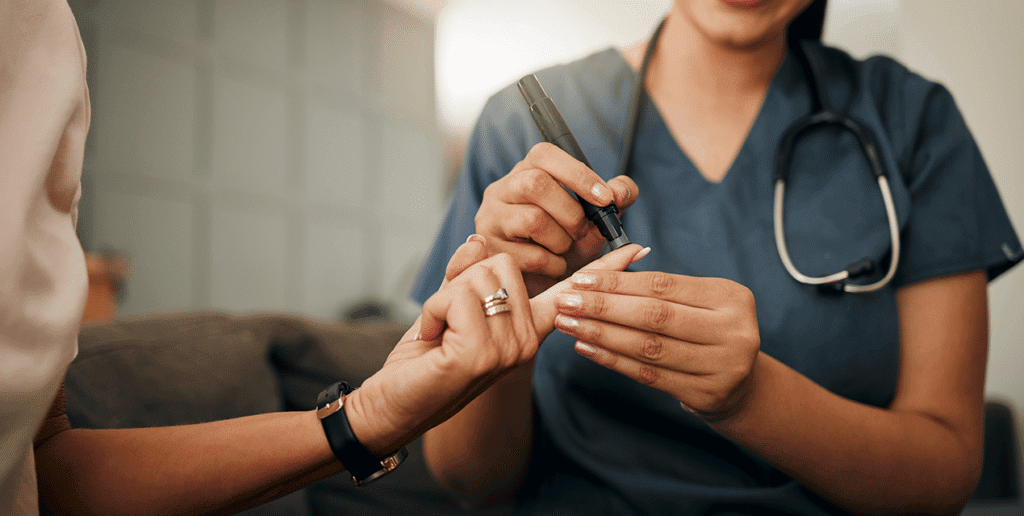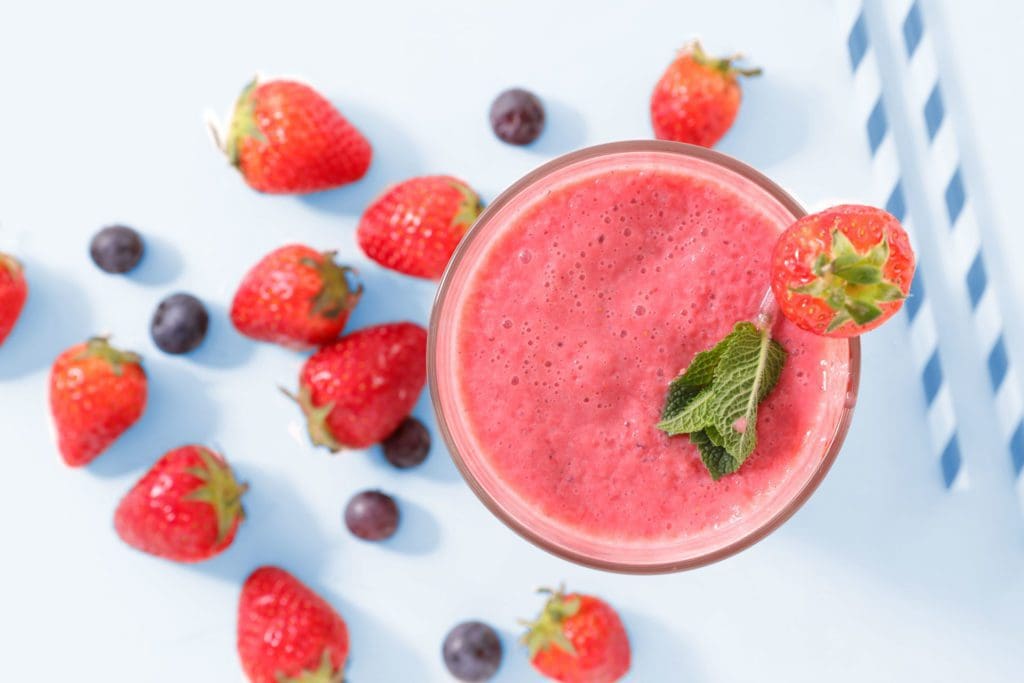Antioxidants are substances that prevent and slow cell and tissue damage by attacking free radicals, which are molecules that have an unpaired electron. Free radicals are natural byproducts of metabolism and are also generated in response to environmental stressors, such as exposure to pollution or cigarette smoke. But having too many free radicals in your body can send it into disarray, causing oxidative stress, which has been linked to several serious illnesses including, cancer, heart disease and some neurodegenerative diseases, such as Alzheimer’s and Parkinson’s Disease. Antioxidants work to maintain a healthy balance of free radicals and help prevent oxidative stress.
How Antioxidants Work
As mentioned before, free radicals are molecules with an unpaired electron, making them highly unstable, as electrons prefer to orbit an atom in pairs. As a result, free radicals search for other molecules in the body, stealing their outer electrons to become more stable, and damaging the scavenged molecules in the process. The electron-hunting process of free radicals does carry some benefits though. For example, when the immune system comes in contact with a pathogen, it sends a surge of free radicals to attack the agent. The free radicals damage the pathogen by stealing its electrons, which weakens the pathogen and helps the body fight off disease. However, having a high quantity of free radicals can cause oxidative stress, which is when the body has too many free radicals that start to destroy DNA, fatty tissue, and proteins. Excessive oxidative stress can cause or worsen serious illness in the body, including cancer, metabolic disorders, cardiovascular diseases, diabetes and more. This is where antioxidants can save the day. Unlike the free radicals, antioxidants have extra electrons. Antioxidants can pass their surplus electrons to free radicals, stabilizing them so they can’t damage the body’s cells and tissues. In doing so, antioxidants ward off or slow oxidative stress, preventing serious illness.
How to Effectively Intake Antioxidants
Antioxidants are most often in fruits, vegetables, and legumes, although they can be found in almost every food group, according to St. John’s Hospital in Jackson, Wyoming. Fruits such as blueberries, peaches, cranberries, apples, strawberries, raspberries, cantaloupe, papaya, watermelon, and more are all filled with antioxidants. Dried fruits, although often high in processed sugars, have a higher antioxidant ratio than fresh fruits since they lose mass from water. As a result, dried fruits act as quick antioxidant fuel due to their high concentration. Many vegetables contain carotenoids, which are valuable antioxidants. Carotenoids are found in carrots, peppers, pumpkin, sweet potatoes and other red, orange, or yellow vegetables. Additionally, many green vegetables such as artichokes, cabbage, collard greens, kale, broccoli, and spinach are excellent sources of antioxidants. A less well-known source of antioxidants are spices and herbs, including cinnamon, oregano, turmeric, curry powder, parsley, basil, ginger and more. Legumes are also a valuable antioxidant source. Small red beans, pinto beans, and red kidney beans have rich antioxidant content. Nuts and whole grain are another source for valuable antioxidants. In recent years, synthetic antioxidants in the form of dietary supplements have become increasingly popular as an alternative to natural antioxidants. However, experts advise to avoid these supplements unless you are trying to mediate a deficiency. Dietitians suggest that a diet rich in vegetables will provide your body with all the antioxidants it needs.










